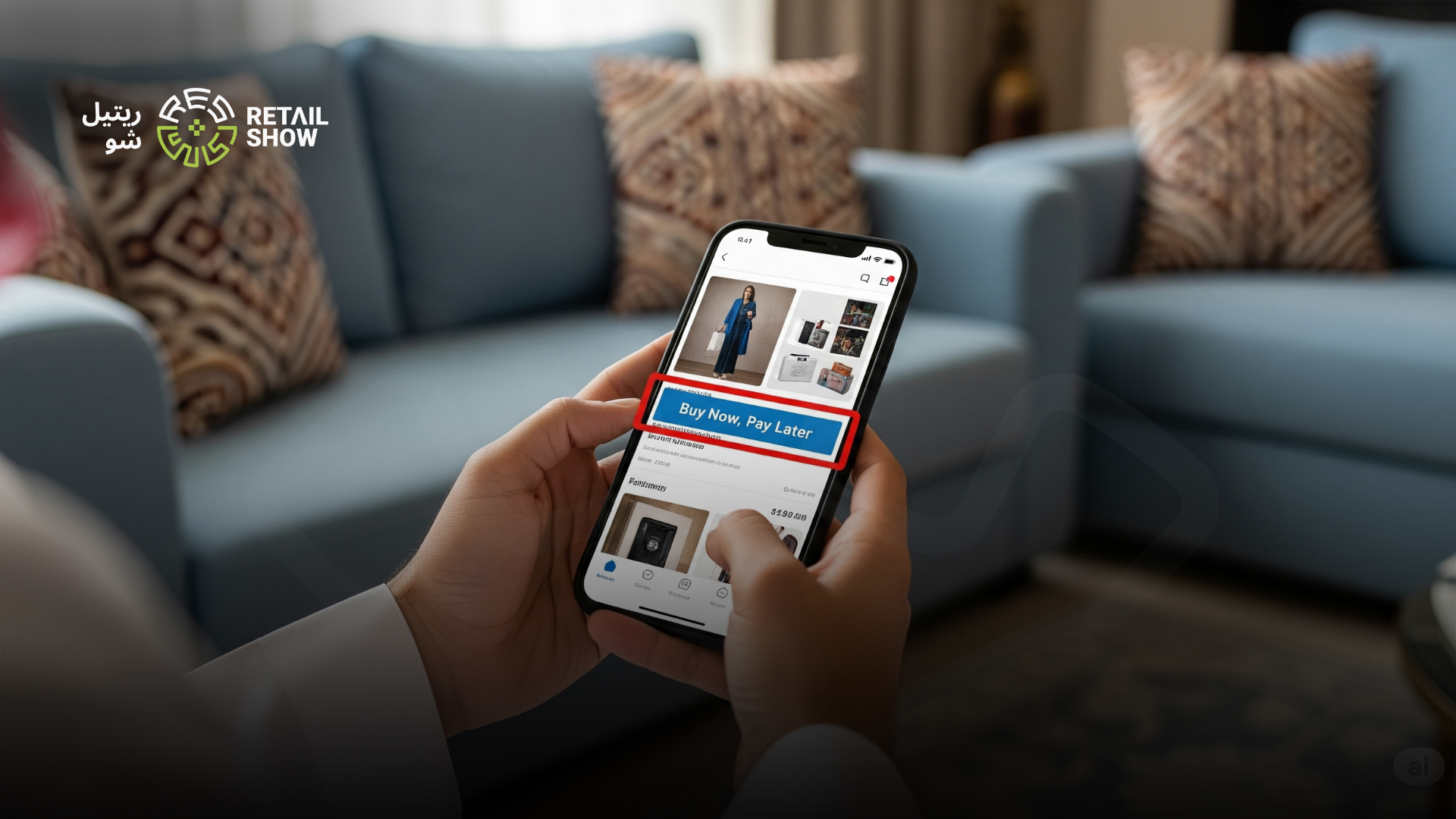Buy Now, Pay Later (BNPL) began as a digital convenience for online shoppers, but in Saudi Arabia, it has quickly grown into a powerful force reshaping the retail landscape. While its presence has expanded into physical stores through innovations like Tabby and Tamara cards, which allow shoppers to use BNPL at any Visa or Mastercard terminal, its most profound impact is still being felt online.
In the Kingdom’s rapidly evolving e-commerce sector, BNPL is no longer just an option at checkout. It has become a strategic tool for retailers and a preferred method of payment for consumers.
The Digital Roots of BNPL Still Run Deep
Despite a recent surge in offline adoption, BNPL's strongest roots are still planted in digital commerce. That makes sense given its origins. Saudi consumers, particularly those who are digitally fluent, continue to rely heavily on BNPL across a wide range of categories including fashion, electronics, beauty, and home goods. More recently, the service is being used for routine purchases such as groceries and utility bills.
For online retailers, BNPL has become an essential lever for boosting performance. It not only helps increase conversion rates and average order values but also strengthens customer loyalty through greater flexibility and convenience.
One in Five Online Purchases Now Made Through BNPL
By 2024, BNPL services accounted for more than 20 percent of the total value of online retail transactions in Saudi Arabia. That figure is still climbing, reflecting the growing comfort and familiarity consumers have with installment-based purchasing.
This rise comes at a time when competition in the Saudi e-commerce market is heating up. Both global brands and regional marketplaces are investing heavily in their presence, all aiming to capture the attention of a highly engaged and digitally active consumer base.
In this environment, BNPL is more than just a payment method. It is becoming a competitive differentiator. Retailers using it often report higher conversion rates at checkout and stronger customer engagement. While the service comes at a cost, with BNPL providers typically charging merchants a fee between 4 and 6 percent, many businesses find that the increase in revenue and repeat purchases makes the investment worthwhile.
Tabby and Tamara Hold a Tight Grip on the Market
Although Saudi Arabia has issued BNPL licenses to seven companies as of 2024, the market remains highly concentrated. Tabby and Tamara together account for more than 95 percent of all BNPL transactions in the country.
Their dominance can be traced to several factors. Both companies have built strong relationships with merchants, created user-friendly platforms, and earned trust among consumers. As a result, they have become the go-to BNPL options for many retailers and shoppers alike.
A Key Part of E-Commerce Infrastructure
BNPL in Saudi Arabia has evolved far beyond a short-term trend. It is increasingly seen as a foundational part of the digital retail experience. As e-commerce continues to expand across the Kingdom, BNPL will play an even larger role in shaping customer behavior, building brand loyalty, and driving long-term growth.
Retailers that integrate BNPL thoughtfully and strategically will be better positioned to compete in a market that is not only growing fast but also becoming more demanding and digitally sophisticated.


